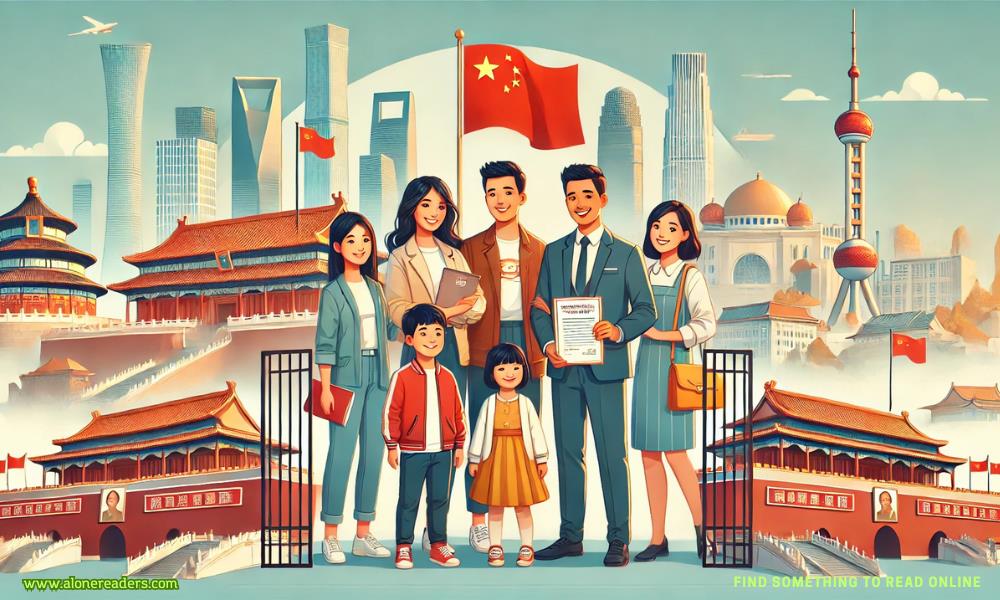Page 34 of In the Garden of Monsters
“What did I do?” I cried, shocked. “I had the chocolate.”
He pointed at the cup. The lone pomegranate seed had fallen into the depression made by my spoon.
“This is about a damn seed?” I asked. Up until that moment, I had thought he called me by the goddess’s name in jest or out of some stubborn, deviant affection. But his fury made it clear he truly saw me as Proserpina’s reincarnation.
He said nothing, only pointed dramatically at the cup as my tablemates looked on. Jack seemed amused, Paolo concerned, but it was Gala’s frown that held the most weight. The thought of losing another day’s salary pressed upon me like a physical burden. Resigned, I scooped up the seed with my next spoonful of chocolate, feeling its weight disproportionate to its size. As I slipped it into my mouth, Dalí exhaled as if he’d been holding his breath, a sigh of unmistakable relief permeating the air.
A warmth surged through me, a languid, mesmerizing heat that seeped into my very bones. My head swam, and a sensation of deep, unnamable loss overwhelmed me. It was a yearning for something elusive, a fleeting image of darkness and beauty so closely entangled it was impossible to distinguish one from the other. For a moment, I felt like I was teetering on the edge of a revelation, grasping for the substance of the vision. I closed my eyes to delve deeper into this enigmatic feeling.
When I opened them, Ignazio was standing before me, his eyes locked on to mine with an intensity, a hunger that unnerved me. The connection was so electric, so charged, that I had to look away.
“Much better,” Dalí declared, a note of deep satisfaction coloring his words as he turned back to his own cup of chocolate.
I didn’t finish mine and the maestro did not command me to. When the meal was complete, rather than having another glass of wine, I told Ignazio I would prefer to return to the palazzo. Dalí and Gala wanted to stay, and of course, they bade Jack to remain. Paolo graciously offered to escort me back.
“Find me in the morning,” Ignazio told me after he had instructed a servant to lead us back to the car. “I will arrange for you to use the telephone.”
The thought of talking with Lillian filled me with hope. She had always been a voice of reason for me. She would tell me what I should do—leave this world of freaks or stick it out for the money.
“Grazie infinite.”
“Anything for you, Julia.”
I backed away, unsure what to do with such adoration. Taking Paolo’s arm, I waved to the others, and we followed dutifully behind the servant.
We said little, primarily because of the presence of the spindly servant leading us to the car and driving us back to thecastello. The man’s eyes were empty, devoid of sentiment. When he let us out at the base of the hill leading up to the palazzo, I released a huge sigh.
“He was a...how do you say?...uomo insolito,” Paolo agreed, smiling at me.
“Yes, a very unusual man. Thank you for accompanying me back.”
“It’s nothing,” he said.
On the way to our rooms, Paolo told me that he had been hired by Dalí just a day or two before coming to Bomarzo. He had known nothing of the artist before taking the job.
“He is also an unusual man,” he said.
“Oh my, he is. And to be here in this place... Everything here is strange.”
“But the pay is very good, no?”
I laughed. “Sì, it is.”
The palazzo was eerily quiet, with not a soul in sight, but we were both jumpy, looking toward the dark corners with suspicion.
“I want to know more about this place,” he told me.
There was so much I, too, wanted to understand. “Have you seen any...ghosts?” I asked hesitantly. Italians were terribly superstitious.
“No, but I believe there may be many here. Have you seen any?”
His openness to the idea compelled me to be honest.
“I think, perhaps, I might have. They keep calling my name.”
He looked at me, his mouth in a round O of surprise. “Your name? Or the name of Giulia Orsini?”
“I’m not sure. But it’s happened several times.”
- Cinderella and the Outback Billionaire by Kelly Hunter
- Beautiful Venom by Rina Kent
- Connor by Samantha Skye
- Mated by Jenika Snow
- Daddy by J.L. Quick
- Fetch by M. Violet
- Loving My Brother's Best Friend by Lena Little
- Hot Cops by Mari Carr
- The CEO by Alexis Winter
- Phixmery by S.E. Alexander
- Veil of Smoke by Sarah Sterling
- Veil of Ashes by Sarah Sterling
- Giovanni the Savage by Sarah Sterling
- Summer Love by Lea Coll
- Sullied Saints by Eva Heart
- Stalked by Leo Rivers







